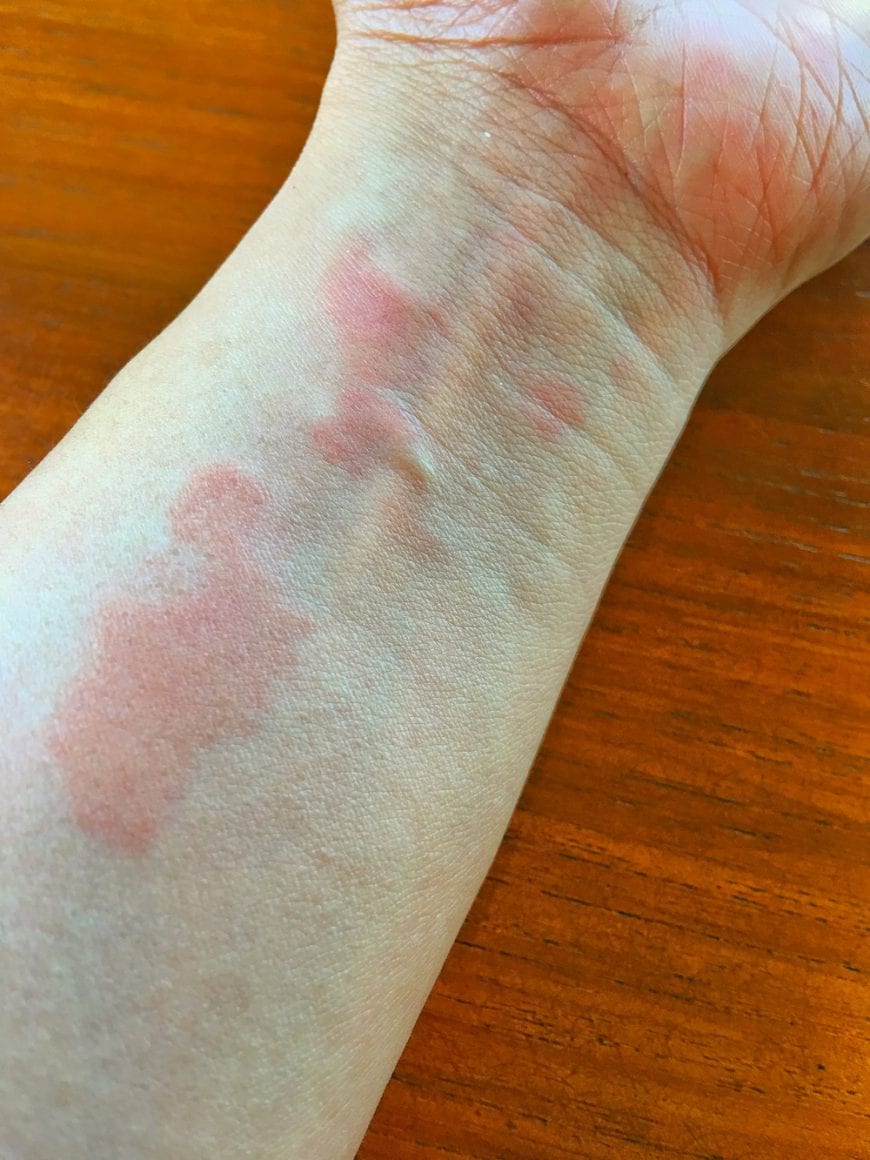Cannabinoid therapy may help treat the pain and inflammation of autoimmune disease.
Imagine your body can’t figure out what’s an infection, and what are its own, healthy, cells. As your body kicks into high gear, trying to fend off the invaders, it’s actually attacking itself. This is life with Lupus, a condition which is hard to treat, but which cannabis may help.
Lupus is a Debilitating Autoimmune Condition

The Endocannabinoid System, Cannabis, and Lupus

What Can Cannabis Do For Lupus?
Lupus and Cannabis – THC
THCa
CBD




